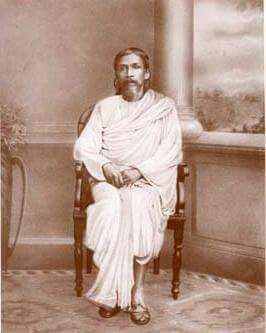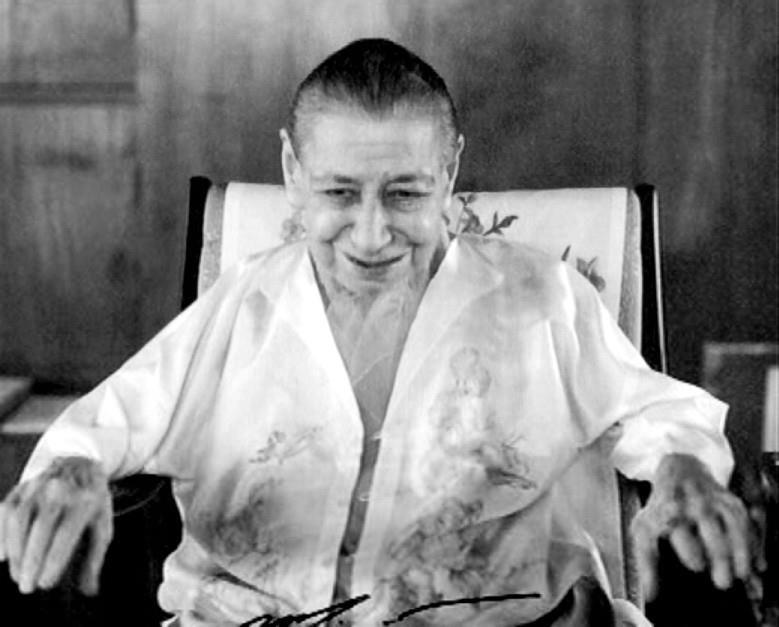Meditation for perceiving the deep Truth

Yoga and personal satisfaction
01/18/2018
Good health and calmness
01/19/2018In order to be genuine, to serve its full purpose, meditation must be disinterested, impersonal in the integral sense of the word.
Here is a description, taken from an old Hindu text, of a typal meditation:
The great and magnificent King ascended to the chamber of the Great Collection and, stopping at the threshold, exclaimed with intense emotion:
‘Away! Advance no further, thoughts of lust! Away! Advance no further, thoughts of bad will! Away! Advance no further, thoughts of hate!’
And entering the chamber, he sat upon a seat of gold. Then, having rejected all passion, all feeling contrary to righteousness, he attained the first dhāma, a state of well-being and joy arising from solitude, a state of reflection and seeking.
Setting aside reflection and seeking, he attained the second dhāma, a state of well-being and joy arising from serenity, a state void of reflection and seeking, a state of quietude and elevation of mind.
Ceasing to delight in joy, he remained indifferent, conscious, self-controlled, and attained the third dhāma, experiencing the inmost contentment proclaimed by the sages, saying, ‘One who, self-controlled, dwells in indifference, experiences an inner well-being.’
Setting aside this well-being, rejecting pain, dead to both joy and suffering, he attained the state of most pure and perfect self-mastery and serenity which constitute the fourth dhāma.
Then the great and magnificent King left the chamber of the Great Collection and, entering the golden chamber, sat upon a seat of silver. He beheld the world in a thought of love and his love went forth to the four regions in turn; and then with his heart full of love, with a love growing without end or limit, he enfolded the vast world, in its entirety, to its very ends.
He beheld the world in a thought of pity and his pity went forth to the four regions in turn; and then with his heart full of pity, with a pity growing without end or limit, he enfolded the vast world, in its entirety, to its very ends.
He beheld the world in a thought of sympathy and his sympathy went forth to the four regions in turn; and then with his heart full of sympathy, with a sympathy growing without end or limit, he enfolded the vast world, in its entirety, to its very ends.
He beheld the world in a thought of serenity and his serenity went forth to the four regions in turn; and then with his heart full of serenity, with a serenity growing without end or limit, he enfolded the vast world, in its entirety, to its very ends.
One who strives in sincere quest for truth, who is ready, if necessary, to sacrifice all he had thought until then to be true, in order to draw ever nearer to the integral truth that can be no other than the progressive knowledge of the whole universe in its infinite progression, enters gradually into relation with great masses of deeper, completer and more luminous thoughts.
After much meditation and contemplation, he comes into direct contact with the great universal current of pure intellectual force, and thenceforth no knowledge can be veiled from him.
From that moment serenity – mental peace – is his portion. In all beliefs, in all human knowledge, in all religious teachings, which sometimes appear so contradictory, he perceives the deep truth which nothing can now conceal from his eyes.
Even errors and ignorance no longer disturb him, for, as an unknown master says:
“He who walks in the Truth is not troubled by any error, for he knows that error is the first effort of life towards truth.”
Ref: Words of Long Ago




